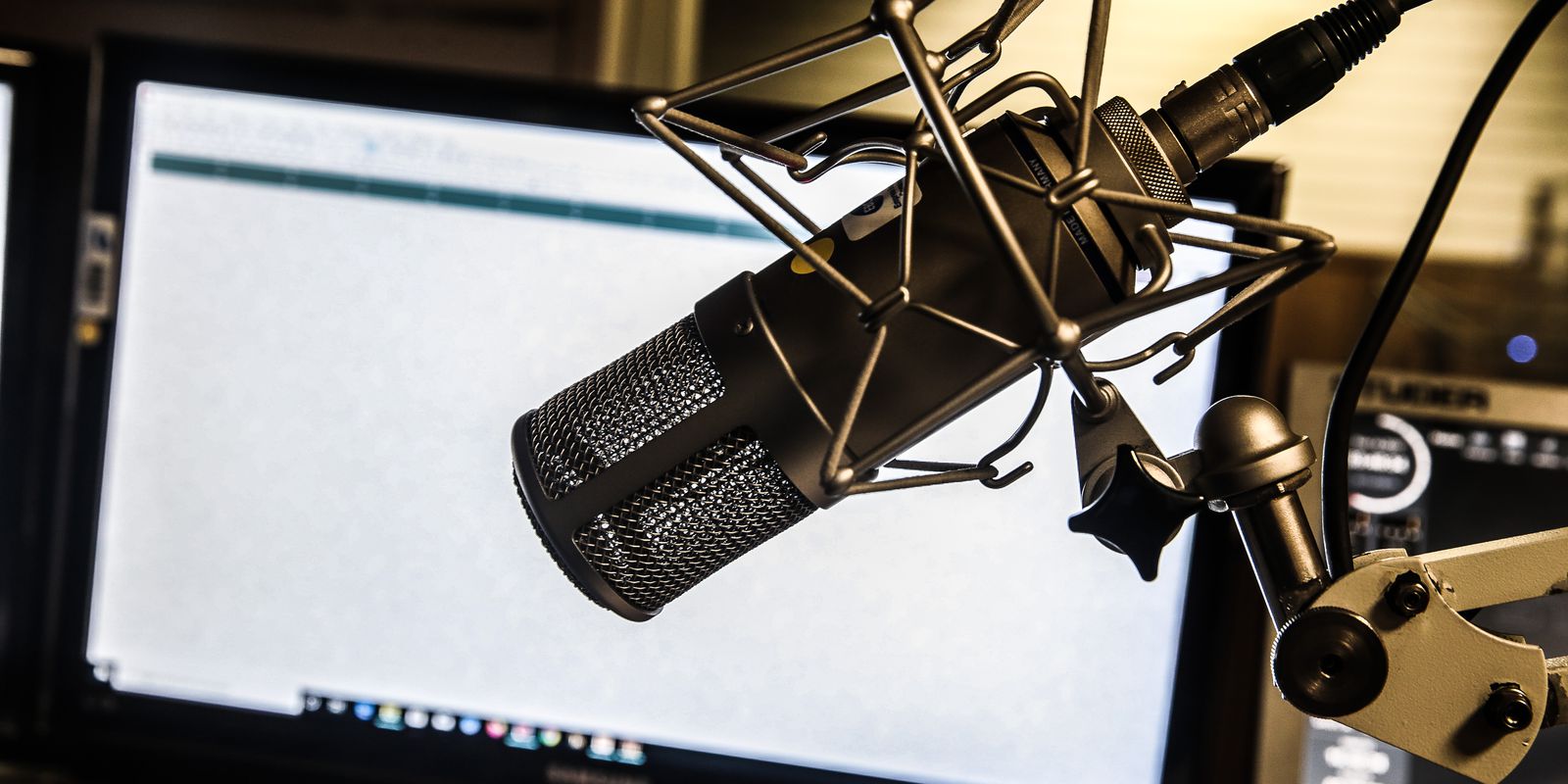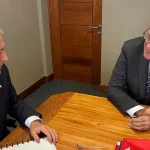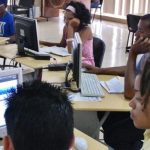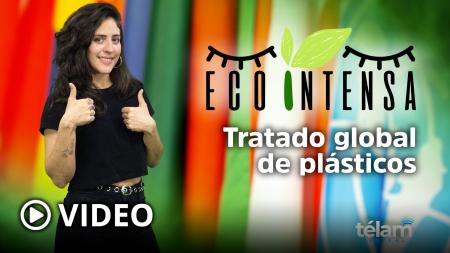“This is the United Nations calling out to people across the planet.” In free translation, these were the first words broadcast by United Nations Radio (in English, United Nations Radio), on February 13, 1946.
Despite the intention to speak to people across the planet, only six countries were actually reached by the historic broadcast. Decades later, February 13 became World Radio Day – the most consumed means of communication on the planet, according to international reports.
The date was proclaimed by the United Nations Educational, Scientific and Cultural Organization (Unesco) to talk about the importance of radio, its reach and how it can collaborate for the construction of democracy.
Since it was established in 2011, issues such as gender equality, youth, sports, diversity and trust have been themes of the date’s editions, which involve hundreds of radio stations from around the world. There are even a list of 13 ideas for broadcasters to celebrate World Radio Day in their programming.
This year, the proposal is to discuss radio and peace: “In calamities, pandemics, armed conflicts and wars, radio brings privileged information, security, and sometimes ends up being the only means of communication. We are talking about scenarios without electricity, and the radio manages to arrive because it runs on batteries, for example. The radio saves lives”, explains Adauto Cândido Soares, coordinator of Communication and Information at the UNESCO Office in Brazil.
In localities of outbreak of conflict, or even in countries that are going through calamity situations, the United Nations itself, through its Peace Missions, set up radio stations to bring safe and reliable information to the local population and also as an instrument for consolidating the peace and stability. This was the case in Haiti (Minustah FM radio), Timor-Leste (Unmit radio), Ivory Coast (Onuci FM radio), South Sudan (Miraya radio) and Liberia (Unmil radio). In this country, for example, the mission’s radio reached approximately 75% of the territory of Liberia and spoke to approximately 4.5 million people – which is 80% of the population.
A okapi radio, from the Democratic Republic of Congo, was born out of a peacekeeping mission – MONUSCO, from the acronym in English for UN Mission for Stabilization in the Democratic Republic of Congo – and has been in the air since 2002. It began as an instrument to accompany peacemaking in the country, and ends up becoming fundamental for the construction of the country’s identity and its unification. In programming, news, service provision, education, entertainment, sports in French and in local dialects (Swahili, Lingala, Kikongo and Tshiluba), which are followed by an estimated audience of 24 million people.
Radio as the only means of knowledge
And it’s not just places devastated by war or nature that radio reaches: “In sub-Saharan Africa, a quarter of the population does not have access to the internet. Everything is done by radio”, points out Cândido Soares, from Unesco.
In Afghanistan, with the resumption of power by the Taliban, girls and women are only able to continue studying through the radio, which takes content transmitted from other countries into their homes through short waves. This is what also happened here in Brazil, when, in the most critical period of the pandemic, children from the most remote regions of the country took advantage of radio classes to continue learning:
Proximity to the audience makes the radio emerge as “a pillar for conflict prevention and peace building (…) and mitigates divergences and/or tensions, preventing their escalation or promoting negotiations with a view to reconciliation and to reconstruction”, as reinforced by Unesco.
“Radio expresses feelings, information and opinions as a channel and as a human way of thinking and our needs. He always presented himself with a possibility of public participation, interaction, contact and creation of bonds”, points out Fernando Oliveira Paulino, professor at the University of Brasília (UnB) and president of the Latin American Association of Communication Investigators (ALAIC ).
Paulino also spoke to Radioagência Nacional about radio’s vocation for social mobilization, in report on World Radio Day:
“In general, radio is a means of communication that manages to mediate conflicts. It manages to deal with themes that generate disagreements, which are sensitive, in order to reduce conflicts and intensify positions”, says Adauto Cândido Soares. “Hate speech gained a lot of visibility and expanded in digital media. Radio can be used to resolve doubts, soften positions, promote debate, bring counterpoint. Because radio has the trust of a captive audience, which is immense” .
Viva Maria
“Radio is able to promote the disarming of the spirit, to calm the mind. And it is as it was said in the Declaration of the Member States of Unesco: ‘since wars begin in the minds of men, it is in the minds of men that the defenses of peace must be built’”. This is what Mara Régia, journalist and presenter of the program attests. Viva Mariafrom the Amazon National Radiowho decided to use radio in the service of women.
In 2011, in an episode about the 75th anniversary of Rádio Nacional, the program Reporting Pathsfrom the TV Braziltold the story and meaning of Viva Maria for the listeners – many of them riverside, who have the National Amazon and short waves as their only means of information.
On the air for 42 years, the program takes women’s and feminist issues to the airwaves and collects, as the presenter herself says, stories of “resistance, resilience, sisterhood and solidarity, contributing to the advancement of women’s citizenship”. And also for promoting the self-esteem of her listeners: “I’ve heard women who told me they were ashamed of the name. Ashamed to be Maria. And today they say they are proud to be a woman, and recognize in a woman’s voice the struggles they need to undertake”.
* With collaboration from Beatriz Albuquerque, reporter for National Radio Agency















